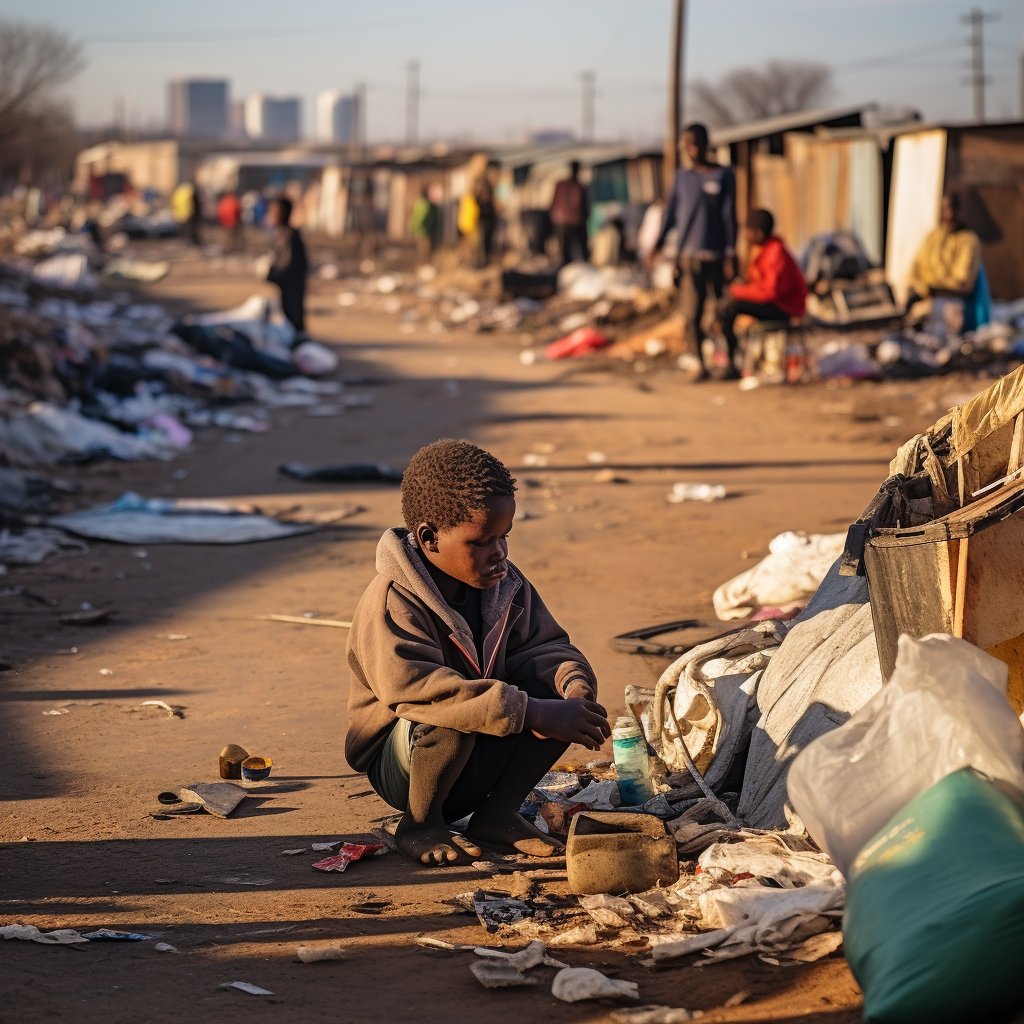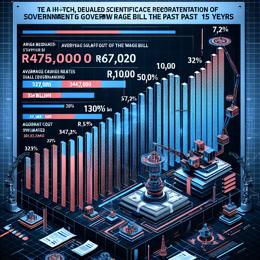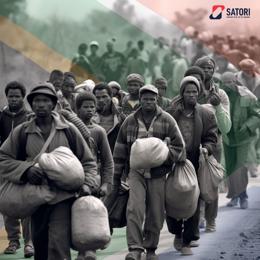Picture: for illustration purposes
South Africa Struggles with Inequality: Why and What are the Solutions?
South Africa retains a troubling rank as one of the most unequal societies on the globe, as revealed in a comprehensive interview with Imraan Valodia, the director of the Southern Centre for Inequality Studies, University of the Witwatersrand.
According to recent data, South Africa possesses the highest income inequality globally, with a Gini coefficient of approximately 0.67. This figure is far above that of many other African and developed countries, painting a grim picture of the nation's wealth distribution.
Inequality has inexplicably worsened over the years, despite policies aiming to level this economic disparity. The driving factors behind this increasing trend can be attributed to the country's high unemployment rates, a significant number of people engaged in lower-income and informal sector jobs, and the conspicuously high income received by the upper threshold of the society.
In particular, South Africa's unemployment rate in June 2023 was estimated to be 32.6%, a figure likely to increase to 44.1% when considering discouraged workers. Moreover, among the 16.4 million employed individuals, only 11.3 million work in the formal sector where income tends to be higher.
Whilst the government endeavored to combat this imbalance by addressing race-based inequality after apartheid, the implementation has had limited effect, evident in the persistently enduring inequality across all races.
Given the ongoing situation, a comprehensive solution will involve focusing on uplifting the economically lower-tier of the society, aiming for the creation of new opportunities, ensuring that the benefits of economic growth are distributed equitably, and raising the incomes at the grass-root level.
Income inequality in South Africa stems not just from the disparity in earnings but also from the inequality in overall wealth, including aspects such as inheritance and assets. Indeed, wealth inequality is far more extreme, with the top 0.01% of people owning about 15% of the total wealth in the country.






